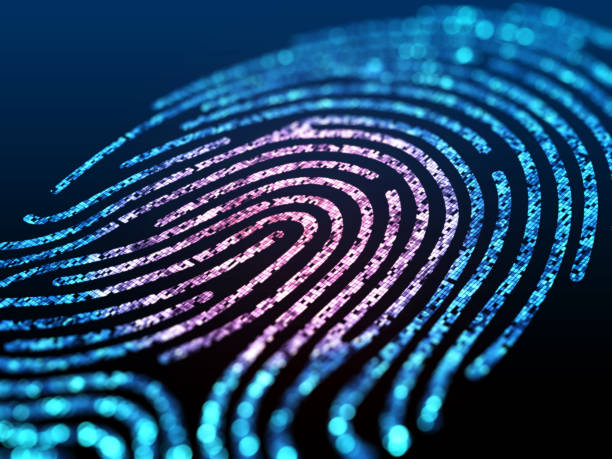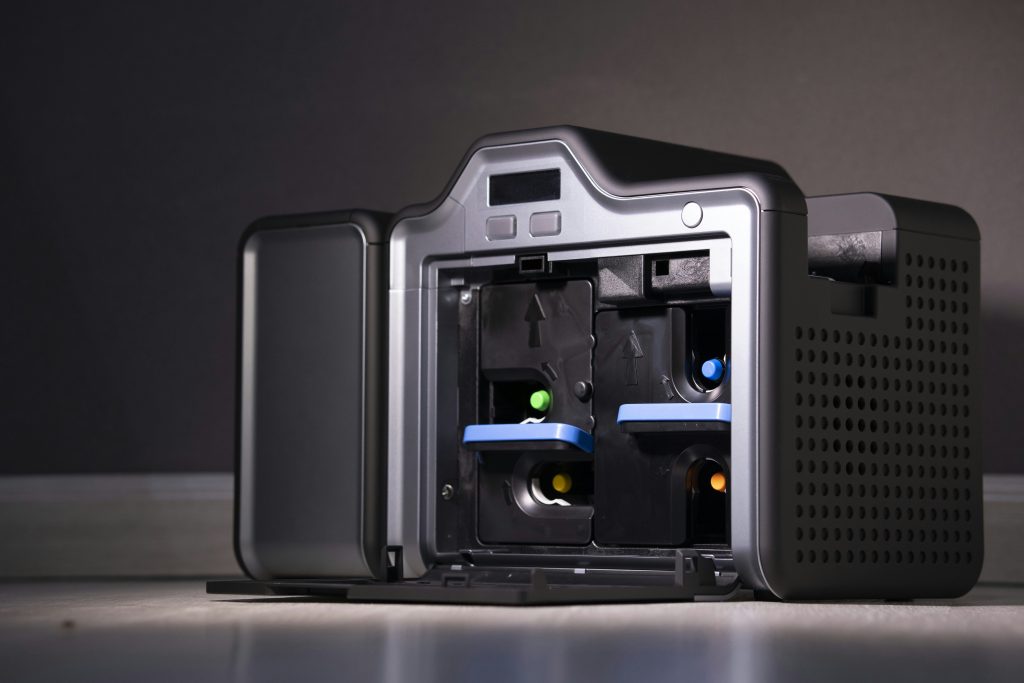The proliferation of technology in the 21st century was pervaded by an astounding intrusion of technology in the everyday activities of humans, as evident in artificial intelligence, the Internet of Things, mobile communication, and biometric technology, among a litany of others.
One of the most prevalent technologies in our modern world is the biometrics systems. As a result, it has become an integral part of doing business and living in modern-day African society. From simple commercial transactions between individuals or private legal entities to personal use of smart devices, government surveillance, and security measures, and civil rights activities like elections, to mention a few. The application of biometric technology in Nigeria has been very advantageous, but as common with other parts of the democratic world, it has, naturally, raised concerns about data privacy and protection.
The biometric industry in Nigeria has experienced significant growth in recent years, driven by increasing demand for secure and reliable identification and authentication solutions. Recent figures from the Nigerian Communications Commission show that the number of active mobile subscriptions in the country reached about 260,571 million in December 2023 and a teledensity of 121.60 percent. This figure must have substantially increased in the last quarter of 2024, judging by other socio-economic reports and observations.
Several factors contribute to the growth and development of the biometric industry in Nigeria and they are as follows:
Government Initiatives: The Nigerian government has implemented various initiatives to promote using biometrics for identification and authentication purposes. For example, the National Identity Management Commission (NIMC) is responsible for issuing National Identification Numbers (NINs) to citizens and Nigerian residents, using biometric data such as fingerprints and facial images.
Financial Inclusion: The biometric industry has played a vital role in advancing financial inclusion in Nigeria. Biometric authentication is used in banking and financial services to verify customers’ identities, enabling them to access banking services easily.
Election Management: Biometric technology is used in Nigeria for voter registration and authentication during elections. The Independent National Electoral Commission (INEC) uses biometric voter authentication systems to verify voters’ identities and prevent electoral fraud.
Security and Law Enforcement: Biometric technology is used in Nigeria for security and law enforcement purposes. For example, biometric systems are used in border control, law enforcement agencies, and prisons for identification and verification of individuals.
Healthcare: Biometric technology is used in Nigeria’s healthcare sector for patient identification and authentication. Biometric systems are used to verify patients’ identities and access their medical records securely.
Telecommunications: Biometric technology is used in Nigeria’s telecommunications sector for subscriber registration and authentication. Telecom operators use biometric systems to verify the identities of subscribers and prevent fraud.
The biometric industry in Nigeria is one of the fastest growing in Africa, driven by increasing demand for secure and reliable identification and authentication solutions across various sectors. The industry is expected to make giant leaps over the next five years with the spate of new, zesty technocrats and as the country adopts more digital technologies and services that require secure authentication. A no-brainer, if you may ask.



